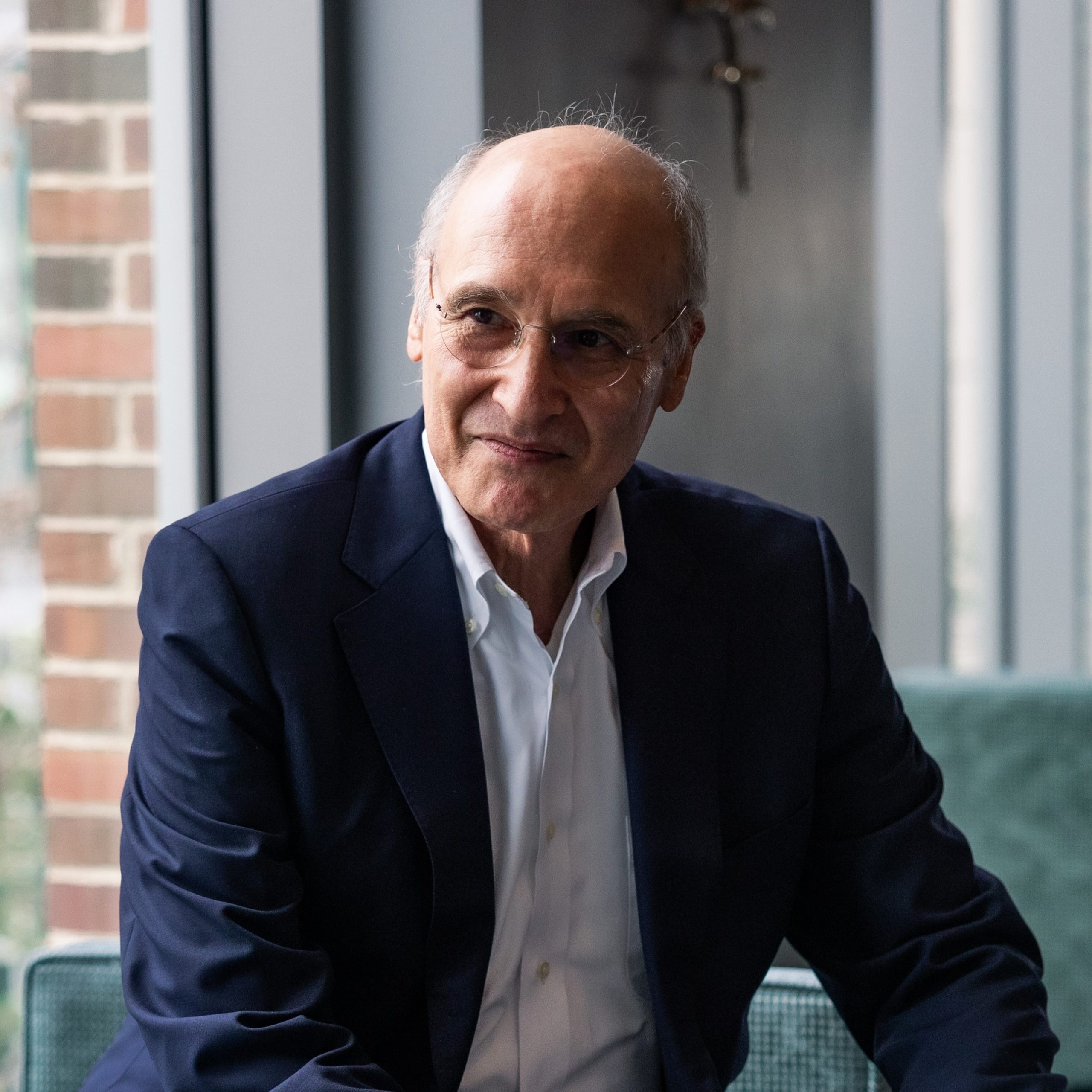Louis (Benno) Kimmelman

Benno Kimmelman, after opening the TNHOLCOM Summer Institute 2023 by telling his mother, Mira's, story of survival.
| Louis B. Kimmelman “Benno” is an independent arbitrator based in New York, a Professor of Practice at Brooklyn Law School and Chair of the New York International Arbitration Center. He retired as a partner of Sidley Austin LLP in December 2020, after having been a co-leader of Sidley’s global international arbitration practice. At Brooklyn Law School, he teaches International Commercial Arbitration and International Litigation and coaches the Vis International Arbitration Moot Team. He is also an Adjunct Professor of Law at Georgetown University Law Center. He received his B.A. degree from Yale College and his J.D. degree from Yale Law School and clerked for the Honorable Leonard I. Garth of the U.S. Court of Appeals for the Third Circuit.
His mother, Mira Ryczke Kimmelman, was a Holocaust survivor who endured incarceration in Auschwitz as well as a death march to Bergen-Belsen. For over fifty years Mira dedicated herself to Holocaust Education efforts around the state of Tennessee. Benno and his brother, Gene, honor her legacy by sponsoring The Mira Kimmelman “Learning From the Holocaust” Contest with the Tennessee Holocaust Commission. |
Critical Thinking Questions:
- Mr. Kimmelman explains that his mother, Mira Ryczke Kimmelman, had an idyllic childhood until antisemitic ideology swept through Danzig (Gdansk). In what ways did Mira feel the effects of antisemitism, even before the war broke out?
- Mr. Kimmelman describes him mother as a “true believer.” How did Mira’s faith help her endure her experiences during the Holocaust?
- Mr. Kimmelman mentions that his mother survived death camps, concentration camps, ghettoes, and a forced death march. Explain what each of these terms means, and what they might have been like for Mira Kimmelman.
Writing Prompts:
- Write a short essay in which you address the following: Mr. Kimmelman states that within days of World War II beginning, his mother and her family were forced from their home, never to return. Each carried a suitcase in hand. Consider if you were forced from your home and allowed to bring only one small suitcase. How would you react? What would be your concerns and fears? And what would you pack in your suitcase? Why?
- Write a short essay in which you address the following: Mr. Kimmelman says that his mother wanted people to hear her story so that they remember what happened. And remember with a purpose. What is do you think is the purpose of remembering the Holocaust? How should it be remembered? What legacies should be remembered? How can we continue to learn from the Holocaust?
